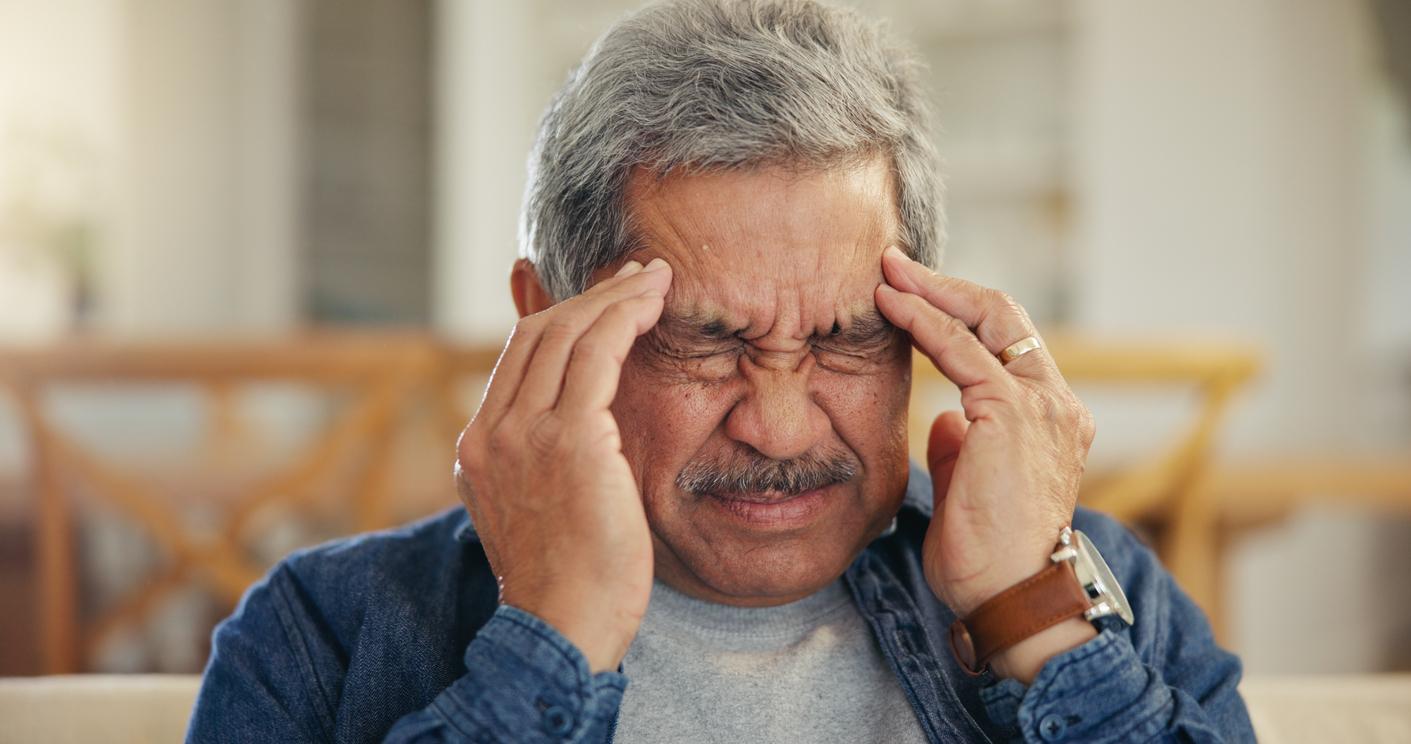The Gilead laboratory withdrew its request for reimbursement of remdesivir in the treatment of Covid-19 on Thursday, September 17 after consulting the opinion of the High Health Authority which pointed to its “low” effectiveness.

- There are still many uncertainties about the efficacy and tolerance of remdesivir, explained the HAS in its opinion.
- The effects on mortality have not been proven.
- The Gilead laboratory, which develops this treatment, has withdrawn its request for reimbursement.
Remdesivir remained the only surviving antiviral from European and WHO-led clinical trials to treat Covid-19. This drug, developed by the Gilead laboratory, reduces the average length of hospitalization of an infected patient by 4 days. It became the first treatment to obtain European marketing authorization on July 3. In the United States, this authorization came at the beginning of May and the publication of the first encouraging results on its use to treat patients. What push Donald Trump to buy almost all stocks of this drug.
A withdrawal despite a favorable opinion for reimbursement
He stays “still many uncertainties about the efficacy and tolerance of remdesivir”, notes the High Authority for Health (HAS) in an opinion on this processing, published Thursday, September 17. She adds that the “actual benefit is considered low” and only allows to shorten the recovery time of the patient, passing to 11 days instead of 15 “given the currently preliminary data”. This drug does notdoes not show an overall effect on 14-day mortality at this stage, with a possible effect suggested only in patients who require low-flow oxygen therapy”, she adds before asking for additional evaluations on the effects of its use on patient mortality.
The Gilead laboratory, which develops this treatment, withdrew its request for reimbursement despite a favorable opinion issued by the HAS in its last opinion. The lab hadasked the HAS Transparency Commission to evaluate his medicine with a view to reimbursement” last July, said the Authority. This evaluation took place between July 8 and 22 and the HAS response was then to give Gilead “the possibility of requesting a contradictory phase”, which she argued before retracting in early September. “HAS takes note of the laboratory’s withdrawal, even before its hearing and despite a favorable opinion on registration for reimbursement in certain indications”, she reacted before publishing the results of this evaluation.
Other drugs under evaluation
The results of its assessment led HAS to consider reimbursement for remdesivir but “in a more restricted population than that of the Marketing Authorization, i.e. only in patients aged 12 or over and weighing at least 40 kg, hospitalized with COVID-19 with pneumonia requiring low flow oxygen therapy.” The commission believes that a reassessment is needed, based on new 28-day mortality data.
The HAS added that it is studying other drug candidates. It concerns “drugs that aim to stop the multiplication of the virus, including new antivirals” and “drugs that aim to modulate the immune system: vaccines, monoclonal antibodies, donor antibodies (convalescent plasma), etc.”

.

















